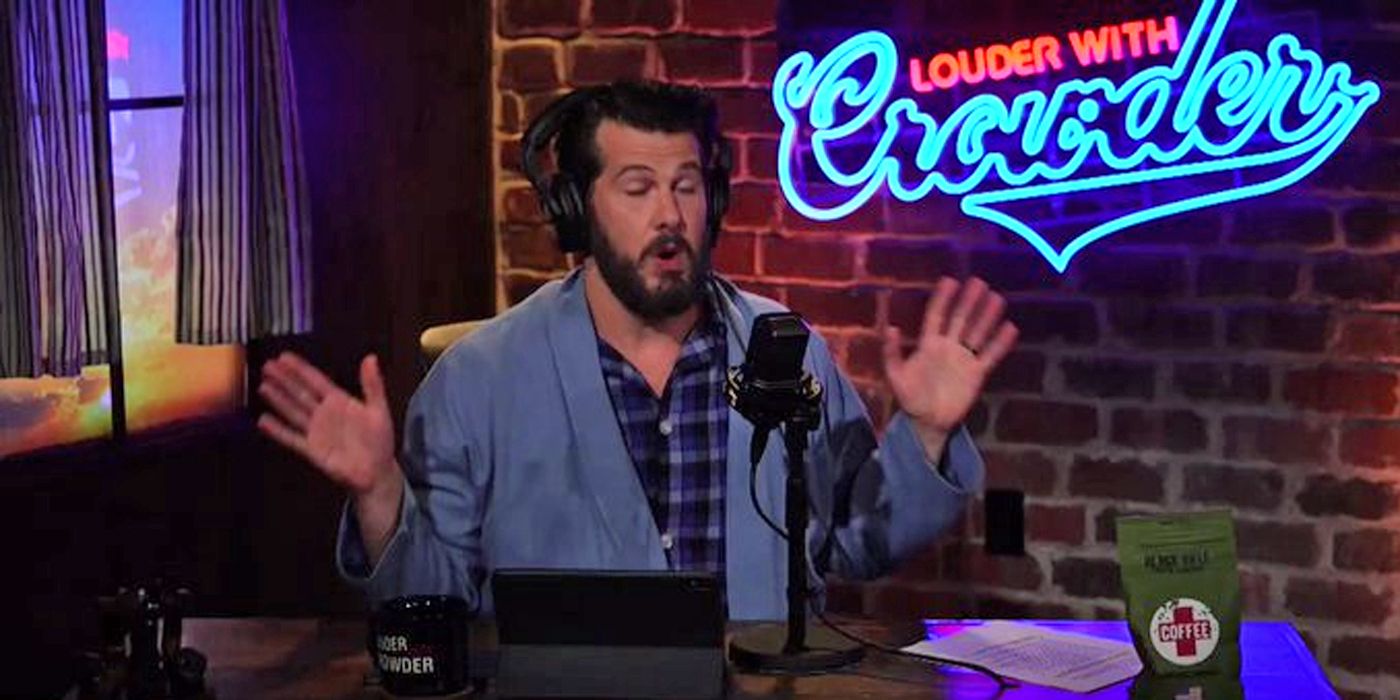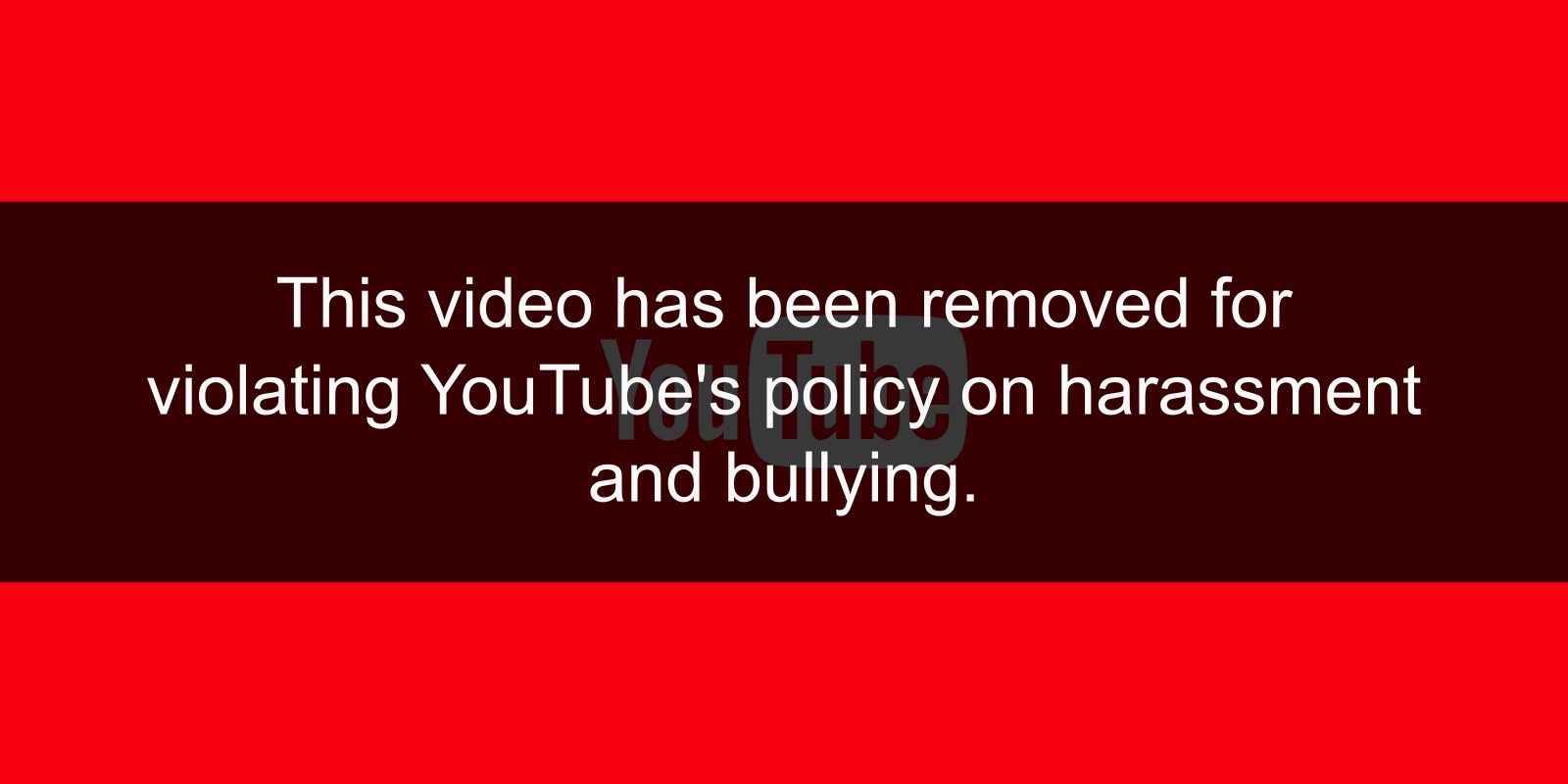Over one year after penalizing him, YouTube is allowing Steven Crowder to monetize videos on the platform once more. Crowder, who is perhaps best known as the man pictured in the "Change My Mind" meme template has been a controversial YouTube figure for years. His content often skirts the line between promoting hate speech and exercising free speech on divisive topics. Historically, he's ended up on the wrong side quite often.
YouTube often finds itself in situations where its evaluation of whether or not certain content violates its terms differs from the community's opinions. In recent years, YouTubers have voiced their displeasure when these instances occur, but with no real control over the platform's moderation beyond threatening boycotts, everyone is left to the whims of the company. The complicating issue is YouTube's policies are rather easily interpreted, so it's not hard for the layman to make a decision on whether a creator's work is in violation. When YouTube chooses not to take action on these clearly punishable posts, it stirs up the audience.
Steven Crowder makes lots of content that falls within this territory and it had led to his account being removed from YouTube's partner program. As of August 12th of this year, Crowder has regained his monetization privileges, much to the chagrin of people who feel he still has active content that violates YouTube's policies. The news of his reinstatement has been especially offensive to Carlos Maza, a former Vox reporter and YouTuber, who spoke out on Twitter in a detailed thread highlighting the various issues at play here.
Should YouTube Have Remonetized Steven Crowder
Carlos Maza makes an exhaustive case against YouTube's decision making around Crowder's channel. His tweets highlight specific videos that blatantly go against YouTube's hate speech policies, or that at least aim to profit using hate speech in their titles. Maza goes on to criticize YouTube, saying the platform will never truly enforce its anti-hate rules because the division created by such content helps YouTube generate ad revenue. He labels YouTube as the "largest radicalization engine on the planet", which is not a new sentiment.
On its side, a YouTube spokesperson reiterated to The Verge that its policies for moderation and its rules about ad support are not identical. Furthermore, YouTube says Crowder has taken the necessary steps to be remonetized, including removing the offending videos (he was initially penalized for comments about another creator and those posts were removed) and staying on the correct side of the policy line over a period of time. So, YouTube is arguing that Crowder is fine because he hasn't committed the same offending actions that resulted in his punishment since the demonetization occurred. However, this says nothing about the questionable videos he's posted that weren't harrassment-focused, leaving many people to rightfully question if YouTube simply wants to keep that content around for ad dollars.
Source: Carlos Maza, The Verge


